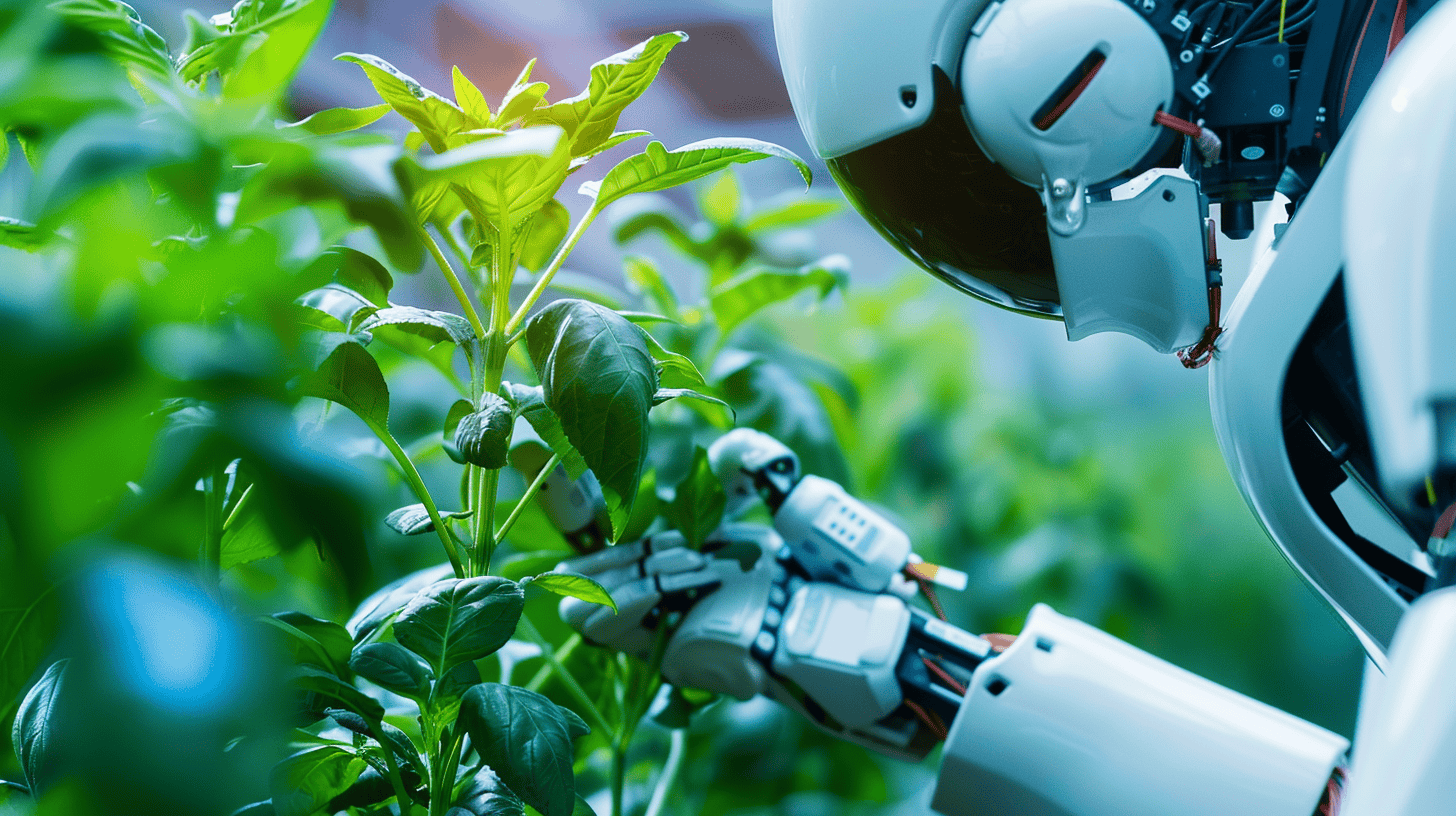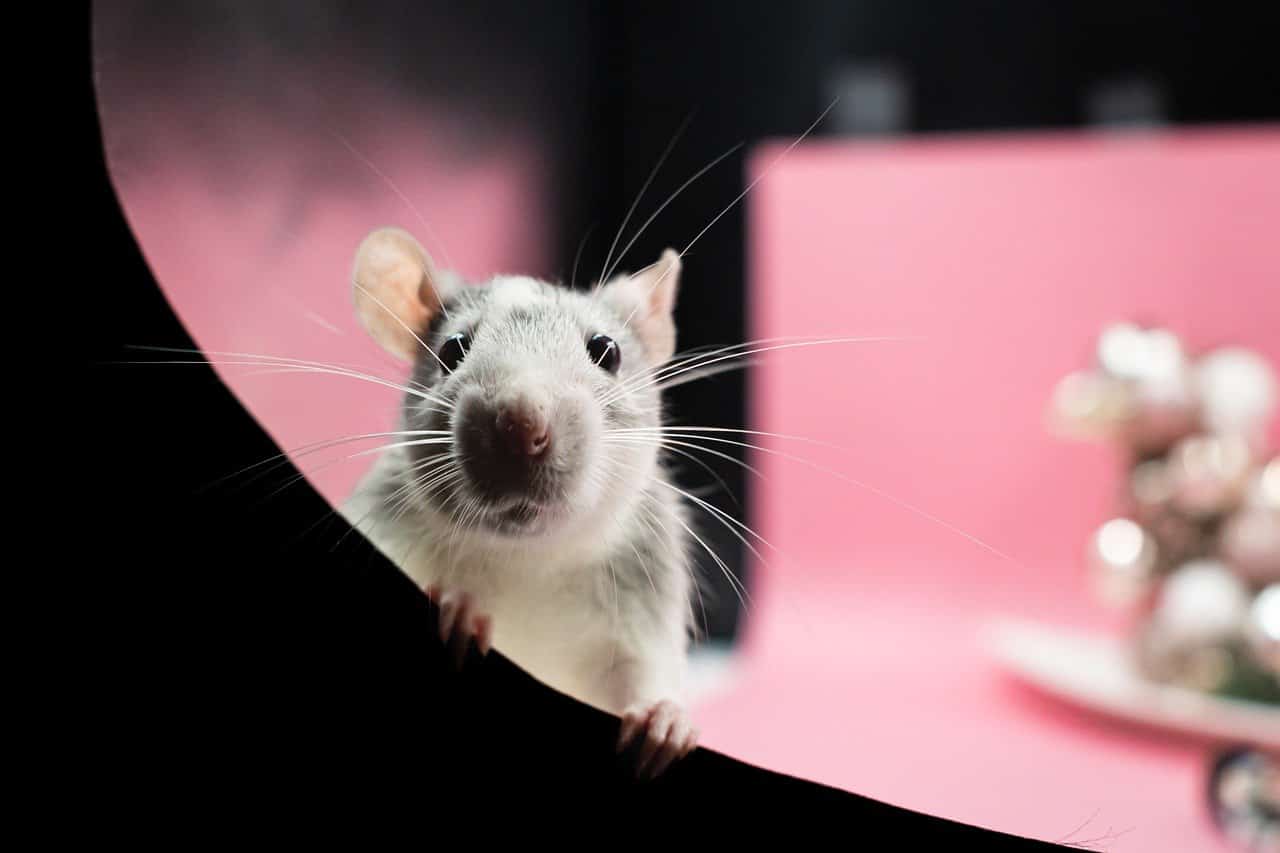
Researchers at the University of Twente and the University of Bayreuth have developed a pioneering approach to shield crops from diseases without resorting to microplastics. The new biodegradable block copolymers, known as polyphosphoester cubosomes, can be loaded with fungicides to effectively combat plant diseases like grey mold. These cubosomes disintegrate into non-toxic substances such as lactic acid and phosphate, leaving no harmful residue in the soil.
This innovative technology, sponsored by Evonik Industries AG and the German Research Foundation, is faster and more effective compared to traditional methods and marks a stride toward sustainable agriculture. The research has been published in Advanced Materials.
The emergence of microplastics as a global environmental threat has elicited a pressing need for alternative solutions in various industries, particularly in agriculture. With an annual production of 450 million tonnes of plastics, a significant portion of which is attributed to agriculture, the urgency is undeniable.
Agriculture’s plastic predicament
The prolific use of plastics in agriculture has resulted in an accumulation of microplastic residues in soils worldwide. From mulch films to crop covers, the extensive application of these materials has led to uneven distribution and various forms of pollution in the soil. Given that 76% of plastics end up as waste, with a significant amount infiltrating landfills and the natural environment, the potential for microplastics to enter agricultural soils is substantial.
Recent studies have shown that fertiliser additions to soils can significantly increase microplastic concentrations, with long-term implications for soil health and crop productivity. This is concerning, particularly when considering the plateauing trend in microplastic load observed in farmyard manure-treated soil from 1966 to 2010, followed by steep increases in inorganic fertilizer treatments in subsequent years.
Biodegradable cubosomes to the rescue
The Twente-Bayreuth initiative presents a practical solution to this problem. Polyphosphoester (PPE) cubosomes offer a fully degradable alternative to the hydrolytically stable, water-soluble segments like polyethylene oxide (PEO), commonly found in non-degradable agrochemical carriers. These cubosomes are environmentally friendly and more efficient in delivering agrochemicals to plants.
These novel cubosomes exhibit a high surface area and porosity, which alters the release kinetics of the fungicide, ensuring a more efficient and consistent delivery. In the case of the loaded fungicide tebuconazole, which was tested against the pathogen Botrytis cinerea, the cubosomes demonstrated a faster release rate and high antimycotic activity. This means that using such biodegradable cubosomes could lead to more effective disease control with reduced environmental impact.

Combatting microplastic pollution
Microplastic pollution has become a critical environmental issue, with research indicating its pervasive presence in agricultural soils. The broad application of plastics in agriculture has left its mark, with studies revealing a substantial increase in microplastic concentrations over time due to the use of organic and inorganic fertilizers. In this context, the research conducted by the University of Twente and the University of Bayreuth offers a beacon of hope. By eliminating the need for microplastic-based agrochemical carriers, they have significantly reduced the microplastic burden on agricultural soils.
The environmental benefits of this technology cannot be overstated. As the cubosomes disintegrate, they break down into harmless substances such as lactic acid and phosphate. This starkly contrasts with the current scenario, where microplastics from agricultural sources degrade into increasingly smaller particles that persist in the environment, potentially harming soil fauna, microbiota, and crop production.
Implications for global agriculture
The transition to microplastic-free agrochemical carriers has profound implications for global agriculture. Microplastics in soil have been linked to negative interactions with soil fauna and vegetation, and their presence is known to impact crop quality and yield. By adopting the biodegradable cubosomes developed by the researchers, the agricultural sector could significantly mitigate these risks.
Moreover, the technology aligns with regulatory trends, as the European Union and other governments have banned traditional agrochemical microcarriers due to their contribution to microplastic pollution. Adopting these biodegradable cubosomes would be environmentally responsible and compliant with emerging regulations.







